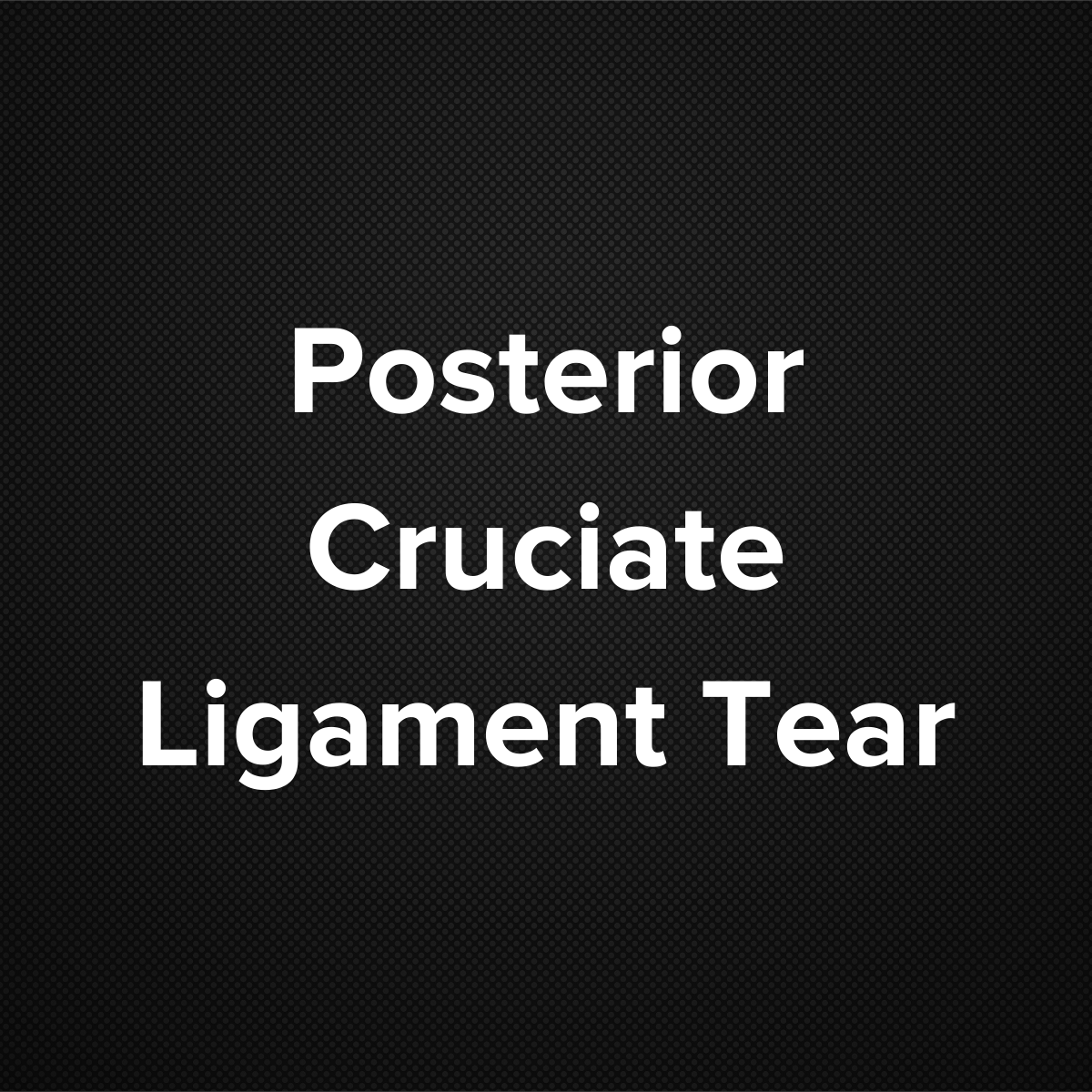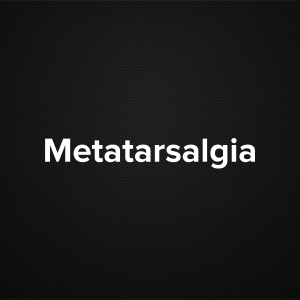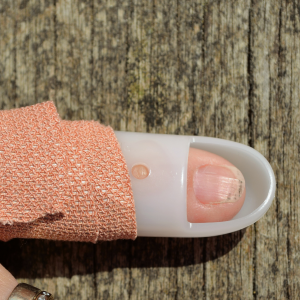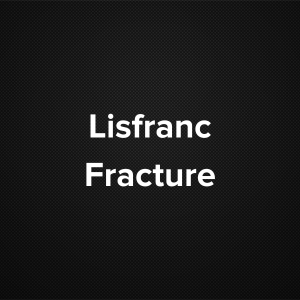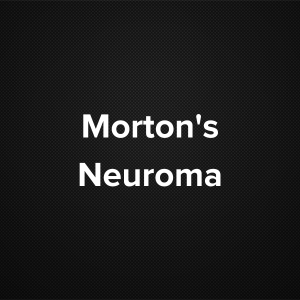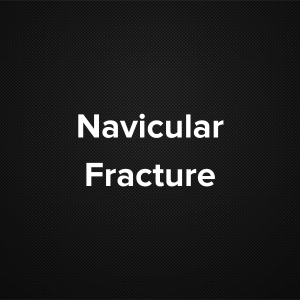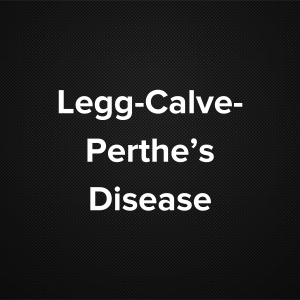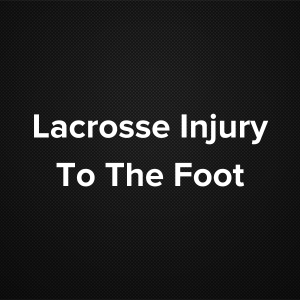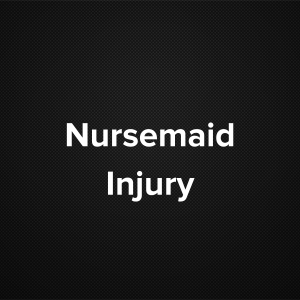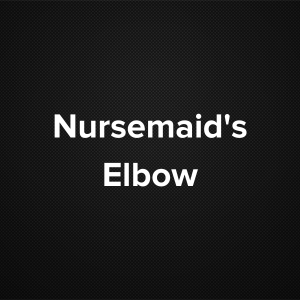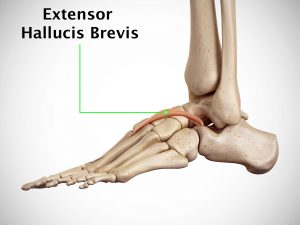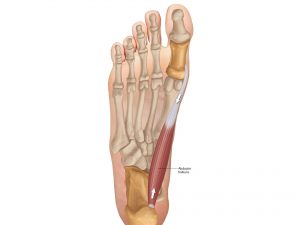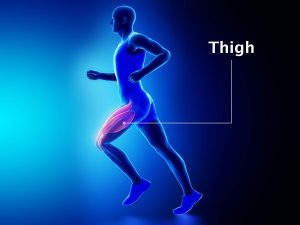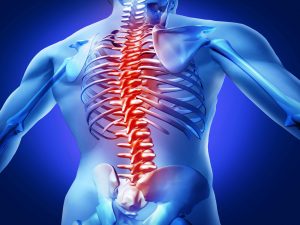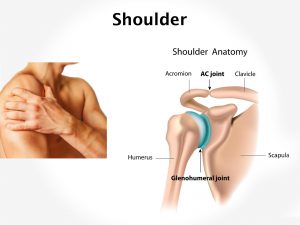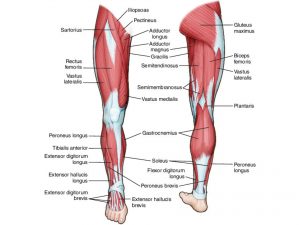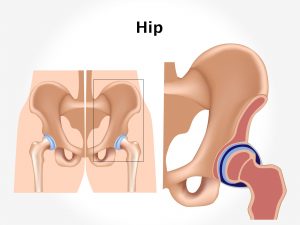Causes and risk factors
PCL tear is caused due to direct blow to the front of knee e.g. fall on the bent knee. Missing a step while climbing stairs, jerky movements like changing direction rapidly, stopping suddenly while walking or running. Activities involving overstretching of ligament can cause PCL tear. Basketball, football, soccer, and skiing are common causes of PCL tears. Men are more likely to have a PCL tear.
Clinical presentation
Patient present with pain with swelling in the knee. There is stiffness and limp in walking. There is loss of full range of motion, tenderness along the joint line. Late symptoms include arthritis, knee joint instability. The injury can be a mild damage to the ligament involving slight stretch. The knee joint is stable. A considerable stretch can cause loosening of the ligament. It is often called as partial tear of the ligament. A complete tear includes splitting of ligament into 2 pieces. This renders knee joint unstable.
Investigation
Medical history by the patient and Clinical examination by the orthopaedic doctor helps in diagnosis. During clinical exam doctor performs test such as pivot shift test, anterior drawer test and the lachman test. Imaging test which help to confirm diagnosis are X-ray and MRI scan. Arthroscopy will help in further evaluation.
Treatment
The treatment is non-surgical and surgical. Non-Surgical treatment consists of RICE – rest, immobilisation, compression and elevation. It includes Bracing and Physiotherapy. It is recommended in elderly patient, low activity level, if overall stability of the knee is intact. Medications like analgesics are useful in relieving the pain. Surgical Treatment consists of rebuilding the PCL ligament. It is the only treatment indicated in athletes or people who wish to continue their sports activity, young age, active lifestyle. Supportive care is given i.e. Rehabilitation is needed irrespective of the surgery to regain knee strength and motion.
Other Modes of treatment
The other modes of treatment can also be effective in treating PCL tear. Homoeopathy is a science which deals with individualization considers a person in a holistic way. This science can be helpful in combating the symptoms. Similarly the ayurvedic system of medicine which uses herbal medicines and synthetic derivates are also found to be effective in treating PCL tear.
